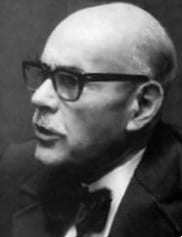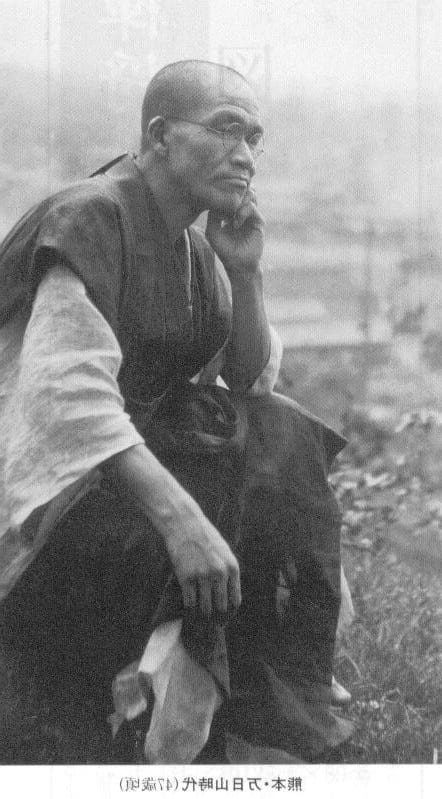What is the purpose of this? What should I do? What’s the plan? How advanced am I? Am I doing it right? How close am I? These are questions asked by most psychoanalytical patients and meditation practitioners, especially at the beginning. There is one final answer to all of them and it will be revealed to you here if you dare hear it.
Patients usually expect that the therapist will take responsibility for organizing time like a teacher in school. In the modern – technocratic – world we expect reality to be well defined and organized in order to provide satisfaction in the most efficient way. We want to believe that there is a team of scientists overseeing every aspect of our lives who have the optimal plan for us. Thus, all suffering is caused by our lack of discipline in following it.
It takes a few years to accept that there is no plan neither in psychoanalysis nor in zazen. Setting and form are defined so they create the empty space for content to emerge.
Psychoanalytical patients hear an instruction: “You should say out loud everything that comes to your mind”. This is the essence of the free association method invented by Sigmund Freud. It’s worth noting that this instruction does not set any goals. It just tells them what to do instead of what to achieve. Of course, the patient has a lot of fantasies about what his therapist expects. Recognizing them can bring valuable insight into understanding his problems.
But what does the psychoanalyst really want? Wilfred Bion would answer, citing himself, “no memory, no desire”. He also added later “and no expectations”. This statement describes the ideal psychoanalytical state of mind. But what is wrong with memories, desires and expectations?
- no expectations – If we have expectation that something happens, we ignore what is happening now. It’s like with a monk who was instructed not to think about monkeys during meditation so he could not think about anything else buy monkeys.
- no desires – If our desires are intense, everything is seen as potential object to satisfy them. We are more focused on ourselves thus we become less sensitive to the others and the external world. Similarly, Buddhist believe that desires are the origin of all suffering.
- no memories – We may tend to see things which have happened instead of things which are happening.
- no coherence – This recommendation is also found in the psychoanalytical literature. We need a consistency in understanding the reality. Sometimes we favor beauty of theory then facts.
One of psychoanalyst told me that he cannot be prepared for a session with patient. He has to let himself be surprised every time.
In other words, using Buddhist terminology, the psychoanalyst should be in the state of the enlightenment i.e. no desires, now and here. If you doubt, check Kodo Sawaki Roshi:
What is zazen good for? Nothing! We should be made to hear this good-for-nothingness so often that we get calluses on our ears and practice good-for-nothing zazen without any expectations. Otherwise, our practice really is good for nothing.
Most zen teachers would agree with Bion’s recommendations “no memory, no desire and no expectations” but would also add “no thoughts“. I discussed this difference in Silence and Thoughts.
Ooh, I’ve almost forgotten that I have promised the final answer for all those questions about the purpose, plan and progress. If you haven’t figured it out, the answer is “It does not matter.“ But it does not mean that psychoanalysis or meditation are pointless. You will get a lot of free bonuses which you haven’t asked for because you had no idea that they can exist.









